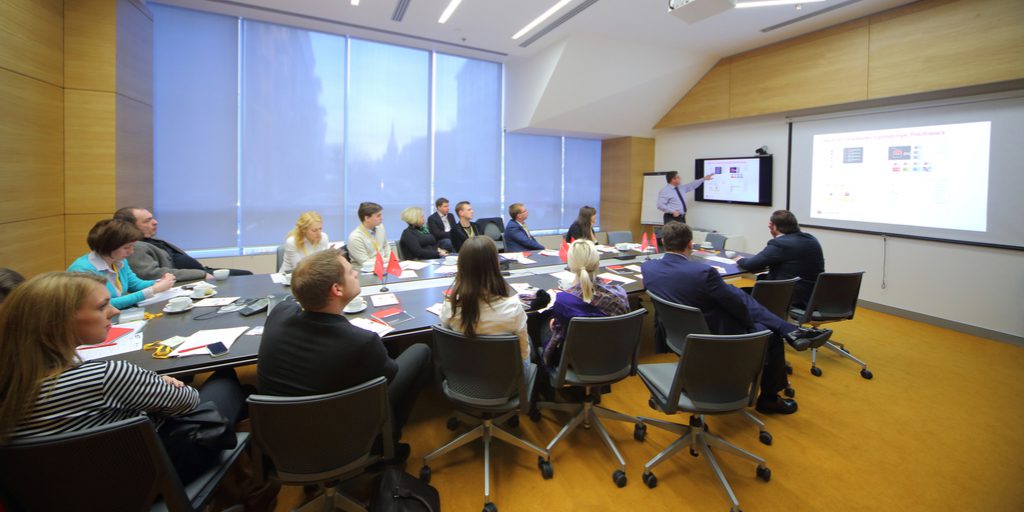Tag: Graduate Development
-

3 ways in which your graduate training programme can assimilate new hires more effectively into your workforce
Following the life-shaping experience of university, many graduates find beginning their first job daunting. Effective graduate training can help to ease doubts. From new environments to alien management systems, graduate training programmes can support both the new employees in learning the ropes and also allow the existing teams and management to get to know the…
-

Can your graduate training support the development of managers?
Graduate training can be used as the initial building blocks for developing relationships amongst the junior level employees and management. Too often, management and employees are not on the same page when it comes to internal relationships. Many feel that relationships are often either strained or non-existent, which in turn can affect employee retention and…
-

How can graduate training support in bridging the skills gap created by Brexit?
Brexit has left many businesses with questions surrounding the issues of a dwindling workforce and a growing skills gap. Ahead of the UK’s withdrawal from the EU, companies must decide on how best to manage the skills gap in their workforces, primarily through improved graduate training processes. By investing in graduate employees and taking the…
-

How can graduate training be used to prevent banking analysts from making mistakes during the first few weeks of their career?
Graduate training is the ideal way to set the bar for quality, induct new employees into your business and ensure that they have the tools to perform efficiently in their new role. For many new banking analysts, the first month can be the hardest and often makes or breaks a fresh employee. Graduate training can…
-

Graduate training programmes for mid-life career changers
Graduate training programmes are often designed for university leavers who are entering their first full-time job. However, with an evolving set of industries, with some becoming obsolete as quickly as new ones grow, many of those who are midway through their careers might find themselves looking for or thrust into a new opportunity. This could…
-

Do banks need to offer further graduate training and incentives to attract new talent?
Recent shifts in graduate employment figures suggest that they are no longer as interested in pursuing careers in the banking sector, compared to previous alumni. Socially conscious graduates are less concerned with working in multinational banking firms, with a considerable decline in those who pursue a career primarily to obtain a large wage packet at…
-

How can university partnerships support the growth of graduate training programmes?
Acquiring the best talent can pose a serious concern, every year, for businesses worldwide. Even after sourcing and hiring fresh talent, the question of how to effectively approach graduate training is always looming. With the cost of degrees soaring, more universities are now looking to form partnerships with external brands and companies to provide their…
-

Should personality tests be used to source talent and determine graduate training programmes?
Personality tests have recently lead to a further enquiry into whether they are the most beneficial way to source talent and, through incorporation into graduate training, evoke innovation once recruitment is complete. Companies like Reebok and Airbnb are turning to personality tests to find the ideal talent to build the next generation of their workforce,…
-

How offering graduate training programmes can benefit your company
With many people set to graduate over the next couple of months, now is a great time to think about graduate training programmes. A graduate training programme is a structured programme that combines working and training. The training usually lasts anywhere between 3 months to 3 years and after this time, graduates can be offered…
-

Training Millennials – 5 things you need to know
The Millennial generation signifies a change in outlook when it comes to work, and this is reflected in their preferred learning and development methods. We understand that training Millennials can sometimes feel like a daunting task, even if you yourself fall into that demographic… but it’s important to remember that as of 2025, 75% of…